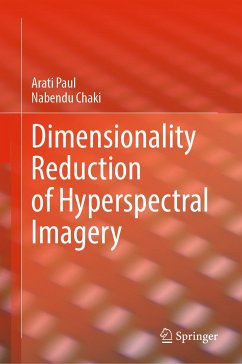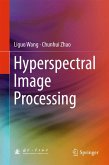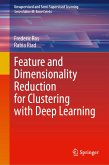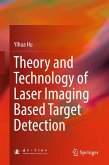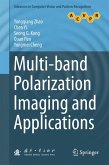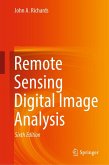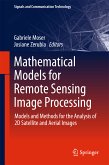This book provides information about different types of dimensionality reduction (DR) methods and their effectiveness in hyperspectral data processing. The authors first explain how hyperspectral imagery (HSI) plays an important role in remote sensing due to its high spectral resolution that enables better identification of different materials on the earth's surface. The authors go on to describe potential challenges due to HSI being acquired in hundreds of narrow and contiguous bands, represented as a 3-dimensional image cube, often causing the bands to contain information redundancy. They then show how processing a large number of bands adds challenges in terms of computation complexity that reduces efficiency. The authors then present how DR is an essential step in hyperspectral data analysis to solve these issues. Overall, the book helps readers understand the DR processes and its impact in effective HSI analysis.
- Presents a data driven approach for dimensionality reduction (DR);
- Discusses the effect of spatial dimension and noise in the context of DR of hyperspectral imagery (HSI);
- Includes an optimization based approach for DR challenges and identification of gap areas in existing algorithms along with suitable solutions.
Dieser Download kann aus rechtlichen Gründen nur mit Rechnungsadresse in A, B, BG, CY, CZ, D, DK, EW, E, FIN, F, GR, HR, H, IRL, I, LT, L, LR, M, NL, PL, P, R, S, SLO, SK ausgeliefert werden.

